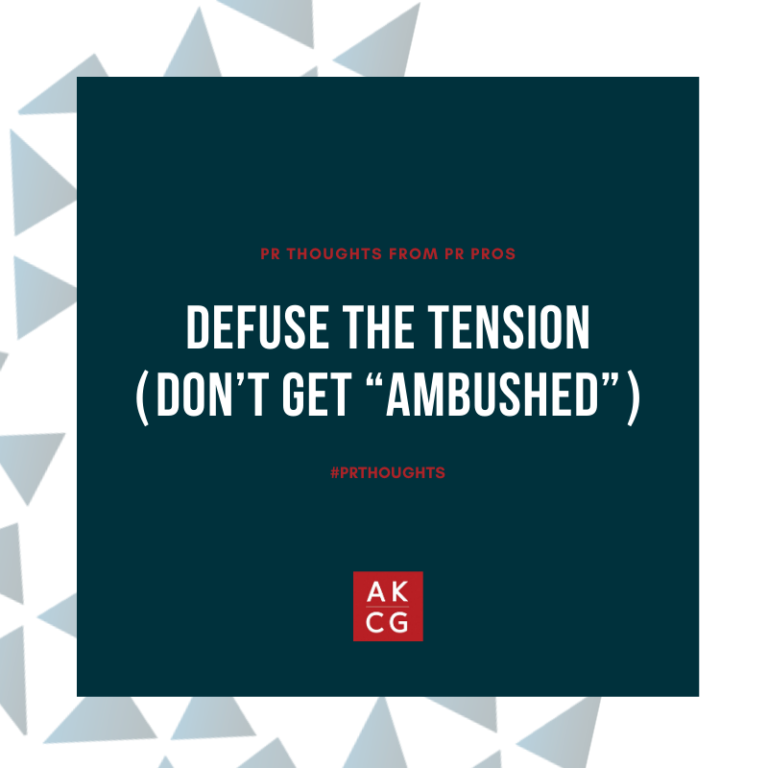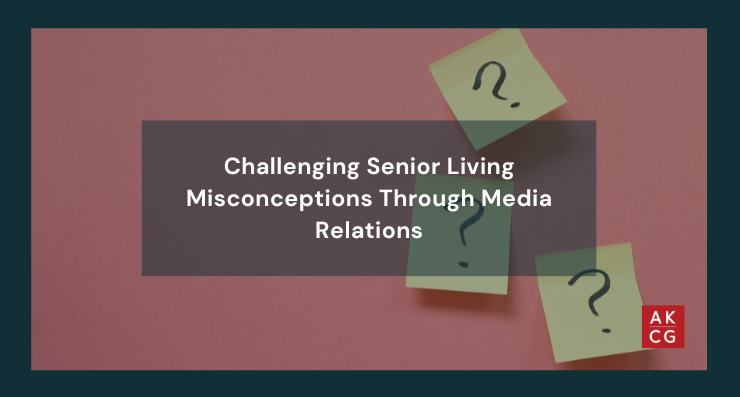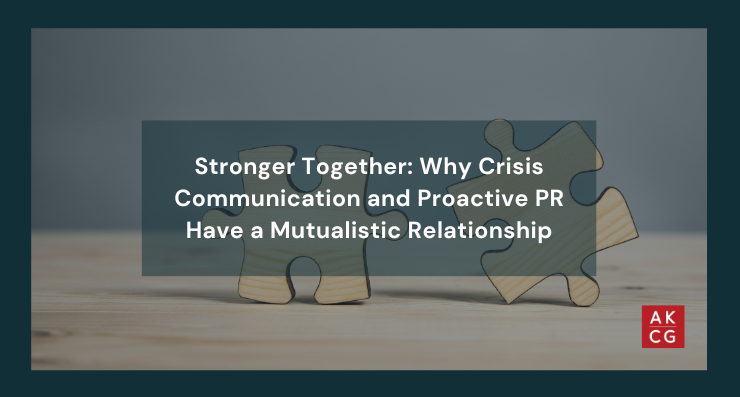Picture it. A reporter surprises you from behind a hedge or parked car. Before you know it, there is a camera in your face and a microphone in front of your mouth. You’re getting peppered with hard-hitting, sensational questions… and there is no escape. We’re talking about the infamous “ambush” interview, and you’ve clearly stepped into one.
But was it unavoidable? Not really. Fact is, ambush interviews are almost always avoidable.
Before we tackle the techniques to stay out of the crosshairs of a reporter’s ambush, let’s first summarize what to do if you find yourself in this predicament. The purpose of the ambush — fitting to the name — is to catch you by surprise, off guard and off message. The reporter wants you to run away or stick your hand in the camera. That type of body-language response is internet gold, making for great clicks, likes and shares.
So, don’t give them what they want. Instead, your goal should be to defuse the tension in the moment. Greet the reporter calmly and warmly, invite him or her to sit down with you to talk about the issue at hand. Offer coffee. Request a few minutes to gather your thoughts. And get ready. Yes, you’ll be on the hook for an interview, but you’ve removed the venom from the ambush moment. I’d estimate this approach has a 75 percent success rate. It’s well worth a shot.
“We can always be respectful. And we can always do our best to meet a reporter’s deadline. Even during times of crisis, this philosophy should apply.”
But, how do you avoid this predicament altogether?
To achieve this, we first need to understand why an attempted ambush could occur. This is where the definition of an ambush is misleading. More often than not, it isn’t really a surprise attack. Rather, we likely haven’t been responsive to a media request, or, worse, we’ve stood-up a reporter or ignored a deadline. Some reporters will deploy the ambush tactic when a request for interviews have gone ignored … and usually those requests come regarding a particularly newsworthy situation.
While we certainly aren’t in the business of promoting our own bad news, we can always be responsive during a challenging moment. We can always be respectful. And we can always do our best to meet a reporter’s deadline.
Even during times of crisis, this philosophy should apply. We may not be able to answer every question fully, but some response is always better than no response. No, we might not always grant an on-camera interview, but if you’re sharing an empathetic statement, you’re still enabling the reporter to do his or her job. Don’t try and block a story; it won’t work. Instead, recognize you can control your message without hindering the reporter’s obligation of hearing directly from the subject.
Moreover, this reporter tactic — even if we sometimes invite it — reminds us how important it is to have our spokespersons trained. It’s never too early to build the right skill sets in your top communicators and leaders to navigate challenging engagements.




